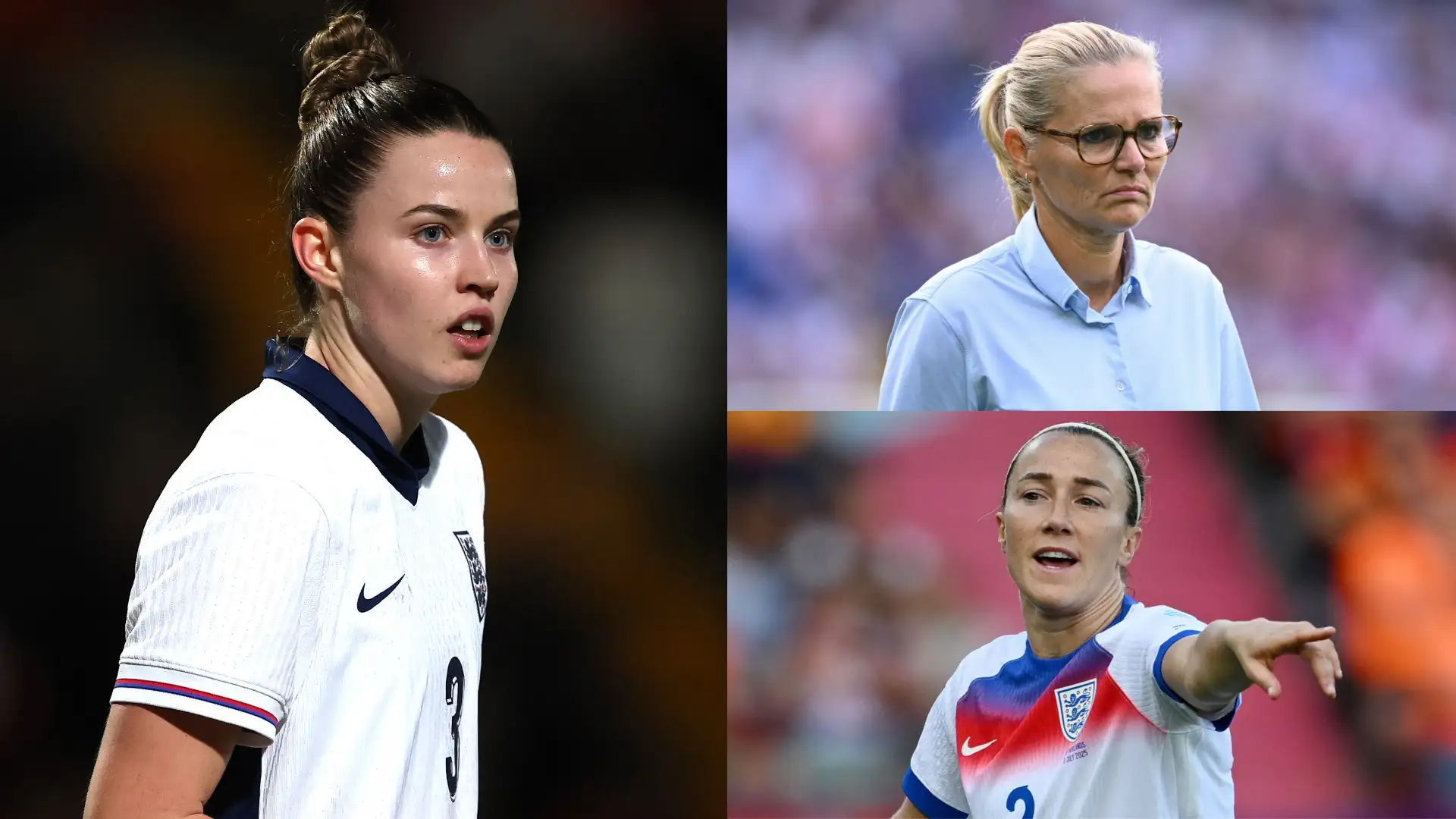
Why Sarina Wiegman Has Added New Blood to Her England Squad Ahead of Australia Clash
Defender Anouk Denton Earns Late First Senior Lionesses Call-Up
In true Sarina Wiegman fashion, England’s head coach continues to keep everyone on their toes. Just when it seemed her Lionesses squad for the Australia friendly was settled, Wiegman threw a late but calculated curveball — a first senior call-up for Anouk Denton, the 22-year-old West Ham defender who has been quietly impressing in the Women’s Super League.
What’s particularly intriguing about this decision is that it wasn’t prompted by injury withdrawals or a sudden emergency. Instead, it’s a proactive move — one that shows Wiegman’s forward-thinking approach to squad management, particularly in light of Lucy Bronze and Niamh Charles still working their way back to full fitness.
Let’s unpack the decision, what it means for England’s defensive setup, and why Denton’s rise is another example of Wiegman’s willingness to trust youth when it truly counts.
A Surprise But Smart Inclusion
The news of Denton’s inclusion was made official on Monday, just 24 hours before England’s clash with the Matildas. Wiegman revealed the call-up during her pre-match press conference, confirming that Denton had joined the senior squad from the Under-23s, where she had been expected to start against Portugal that same evening.
The timing might have caught some fans off guard, but the logic is clear. England’s training camp had been running smoothly, yet a few players — namely Bronze and Charles — were carrying what Wiegman described as “niggles.”
“After the match on Saturday, we had some niggles,” Wiegman explained. “Things are going well, so everyone will be on the pitch, but we are still recovering and preparing for tomorrow. If things go well, then we’ll make a decision for the matchday squad.”
When pressed on specifics, Wiegman played down any major concerns but emphasized her desire to protect players in their rebuilding phases. “They’re not big things,” she said. “But I just didn’t want to take any risks. We are still building some players, too, like Lucy Bronze and Niamh Charles.”
It’s a typically pragmatic move from the Dutch manager — forward-thinking, cautious, but rooted in player welfare. And it’s that mindset that has now opened the door for Anouk Denton’s big break.
Who Is Anouk Denton?
For those less familiar with her journey, Denton is not a sudden discovery. The Arsenal academy graduate has been part of the England youth setup for years, progressing steadily through the age groups. She represented England at the U19 European Championships in 2022, and she’s long been on the radar of senior team scouts.
After a developmental spell in the United States at the University of Louisville — where she combined education with college soccer — Denton returned to England and rejoined West Ham United, the club she had briefly represented on loan while still a teenager.
Her progress since has been impressive, even if West Ham’s form this season has not. The Hammers have endured a tough start to the campaign, losing all six of their WSL fixtures so far, but Denton’s performances have stood out as a bright spark amid the struggles. Her defensive discipline, versatility, and composure on the ball have earned high praise from manager Rehanne Skinner, who moved quickly to secure her long-term future with a contract running until 2028.
The versatility factor is key here. Denton is equally comfortable at right-back and left-back, a flexibility that immediately makes her valuable to Wiegman — particularly with Bronze and Charles both needing careful load management.
Why Wiegman Made the Call
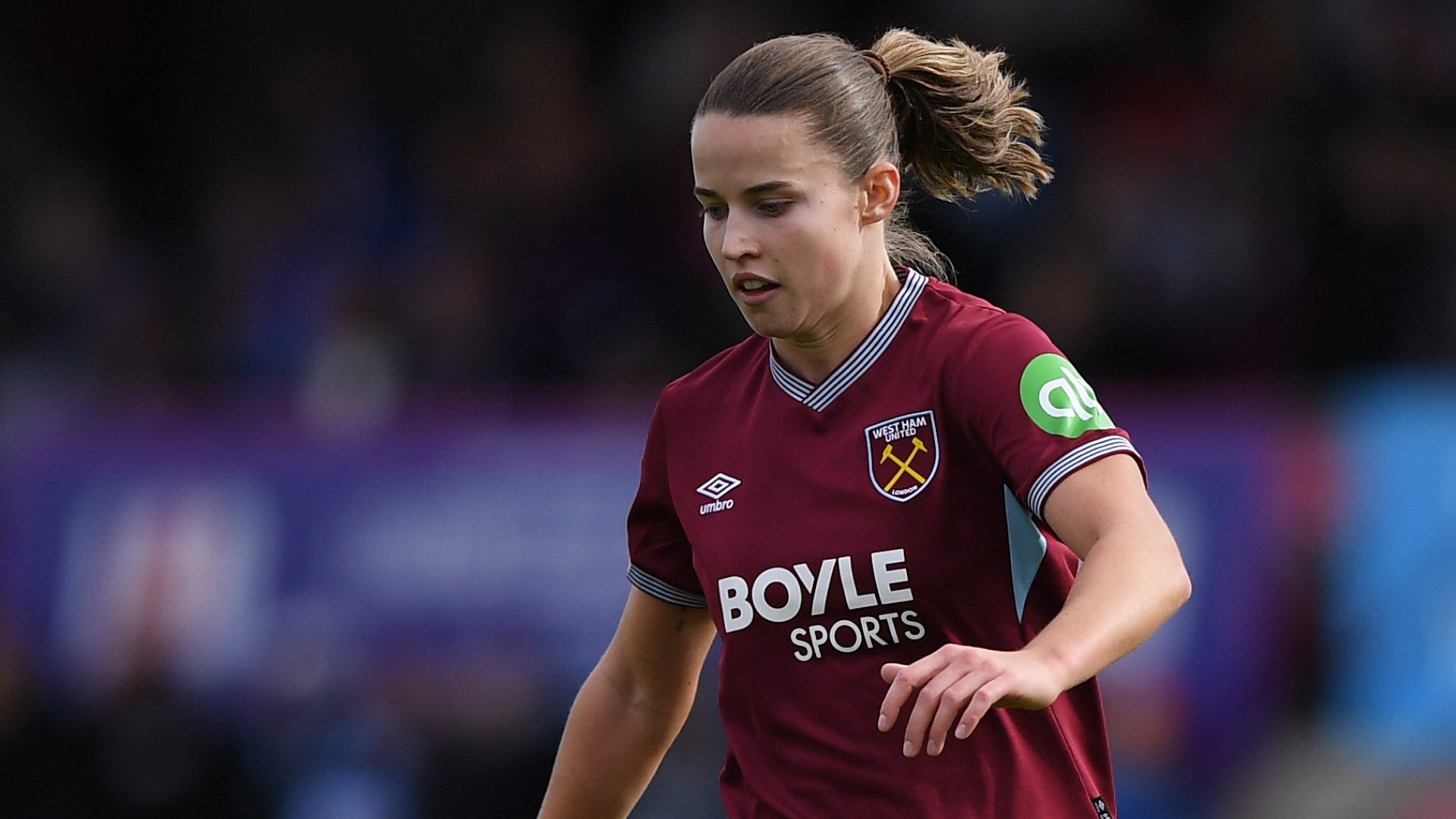.jpg?auto=webp&format=pjpg&width=3840&quality=60)
Anouk Denton West Ham Women 2025-26
The inclusion of Denton is not about filling a gap in numbers; it’s about strategic depth and forward planning. England’s full-back situation has always been a delicate one, and the latest developments underscore just how much thought Wiegman puts into maintaining balance in those areas.
At the weekend, Maya Le Tissier, who plays primarily as a centre-back for Manchester United, was deployed at right-back against Sweden. Bronze replaced her just past the hour mark, a clear sign that the Barcelona defender is still being eased back into competitive minutes after a summer spent battling a fractured tibia during the Euros.
On the left side, Wiegman turned to Alex Greenwood, another central defender by trade, who filled in admirably but naturally lacks the attacking thrust of a true full-back. Greenwood played the full 90 minutes — a testament to her fitness and consistency — but her use there also underlines England’s ongoing need for specialist wide defenders.
Enter Denton.
The West Ham youngster’s ability to play on either flank immediately strengthens England’s options ahead of the Australia match. With Charles only just returning from an ankle injury and Taylor Hinds — another recent debutant — also bedding into the setup, Denton’s addition gives Wiegman one more dependable option in a part of the pitch that has often been stretched thin.
Bronze and Charles: Carefully Managed Comebacks
A significant part of the reasoning behind Denton’s inclusion comes down to managing expectations around Lucy Bronze and Niamh Charles.
Bronze, one of the pillars of the Lionesses’ Euro 2025 run, played through the continental tournament with a fractured tibia — a testament to her resilience but also a stark reminder of her physical toll. She has only recently returned to club action with Barcelona and has yet to start a game since the Euros concluded.
Charles, on the other hand, suffered an ankle issue in late September, playing just 56 minutes since then — all of them in Chelsea’s 4-1 victory over Tottenham earlier this month. Wiegman’s decision to manage their minutes is therefore not only logical but necessary.
By adding Denton now, the manager ensures that both of her senior full-backs can continue their recovery without the pressure of being overused during this international window.
England’s Full-Back Evolution
England’s full-back department has been something of a revolving door in recent years. Injuries, retirements, and tactical tweaks have forced Wiegman to get creative with her selections.
From Bronze’s occasional stints as a wing-back to Greenwood’s reversion to a wider role, and from Rachel Daly’s transformation into a striker to Jess Carter’s hybrid duties, England have often relied on adaptability rather than specialization.
Denton’s arrival could mark a subtle but important shift back toward a more balanced structure. She represents a new generation of English full-backs: technically sound, quick, and tactically intelligent. Her ability to overlap, track back, and contribute to buildup play fits neatly with Wiegman’s high-possession, high-pressing system.
Moreover, her inclusion signals continuity in the England pathway system — a model that Wiegman values highly. It shows younger players that consistent performance at youth level can lead to real opportunities, even in one of the most competitive national setups in women’s football.
A Symbol of Wiegman’s Trust in Youth
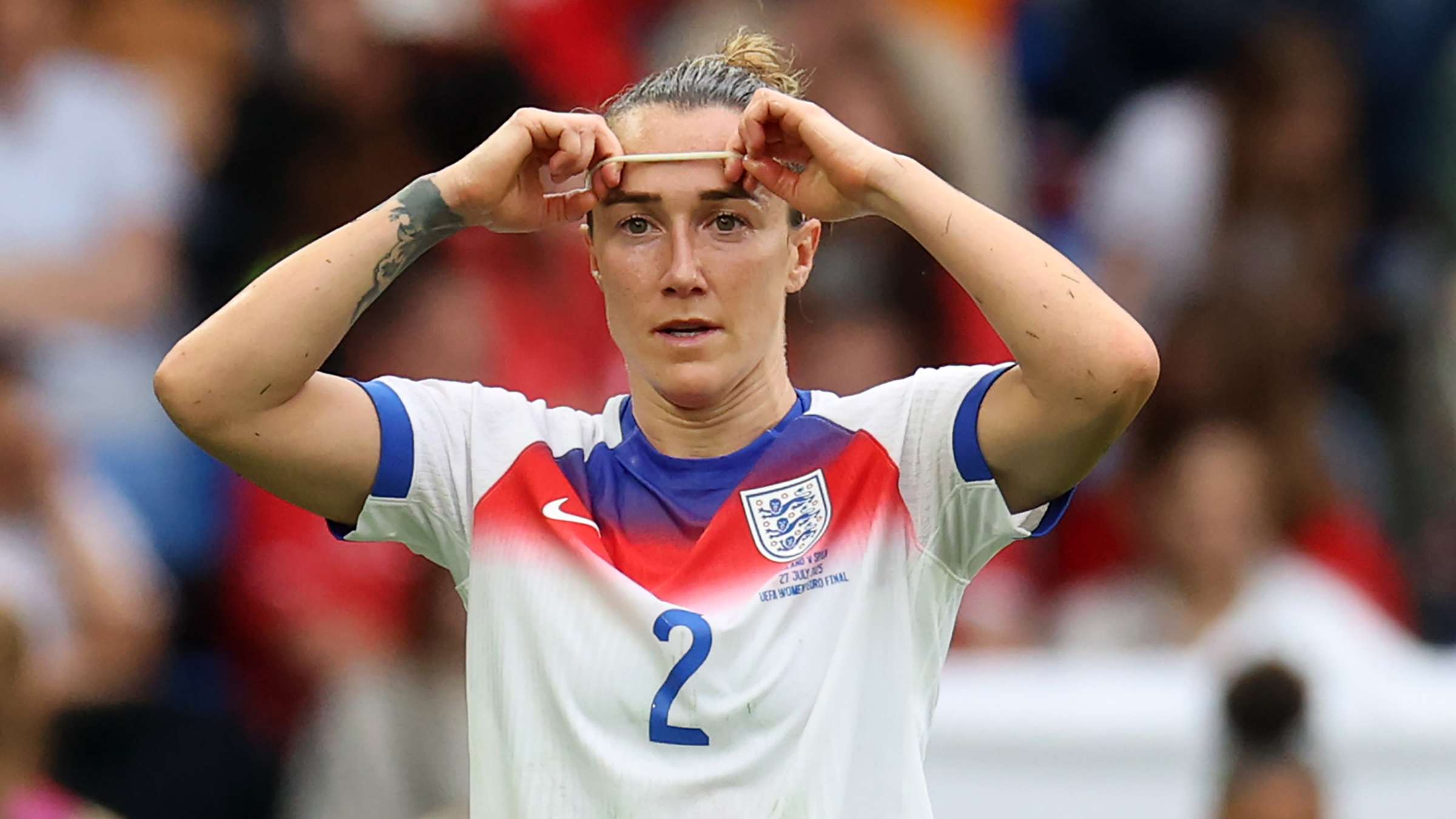
England v Spain – UEFA Women’s EURO 2025 Final
Under Wiegman, the Lionesses have thrived on a mix of experience and youth. Players like Lauren Hemp, Ella Toone, and Chloe Kelly were all integrated gradually but have since become household names. Denton’s call-up might not guarantee immediate minutes, but it exposes her to the senior environment — the intensity, the professionalism, and the expectations that come with wearing the Three Lions.
This is classic Wiegman management: calculated, developmental, and long-term. She understands that international football isn’t just about the next match; it’s about building continuity and ensuring that when key players eventually retire or step aside, their replacements are already battle-ready.
Looking Ahead to the Australia Clash
The upcoming fixture against Australia is no ordinary friendly. The Matildas, semi-finalists at the 2023 World Cup, represent one of the toughest tests England can face outside of major tournaments. With Sam Kerr and company bringing pace, physicality, and tactical sharpness, Wiegman will need every ounce of defensive stability she can muster.
Denton may not start, but her inclusion offers the manager more flexibility during a congested run of fixtures. It also keeps competition alive within the camp — something Wiegman has always championed as a driving force for performance.
Final Thoughts: A Call-Up That Makes Sense
While Anouk Denton’s first England call-up might seem sudden, it fits perfectly within Sarina Wiegman’s meticulous approach to squad management. She’s added “new blood” not out of necessity, but out of prudence — ensuring the Lionesses remain fresh, balanced, and forward-looking as they continue their preparations for the next major tournament cycle.
Denton’s story is one of steady progress rather than overnight success, and her inclusion is as much a reward for consistent performance as it is a symbol of opportunity for England’s next generation.
As the Lionesses face Australia, the narrative will rightly focus on results and resilience. But in the background, Wiegman’s quiet evolution continues — one smart call-up at a time, ensuring England’s future remains as strong as its present.



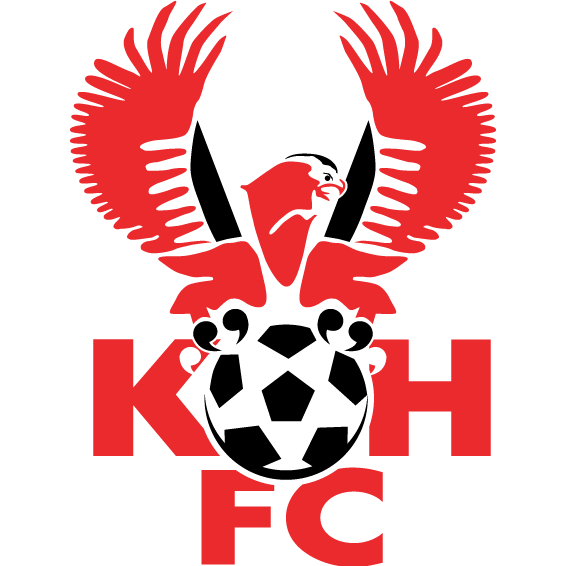



















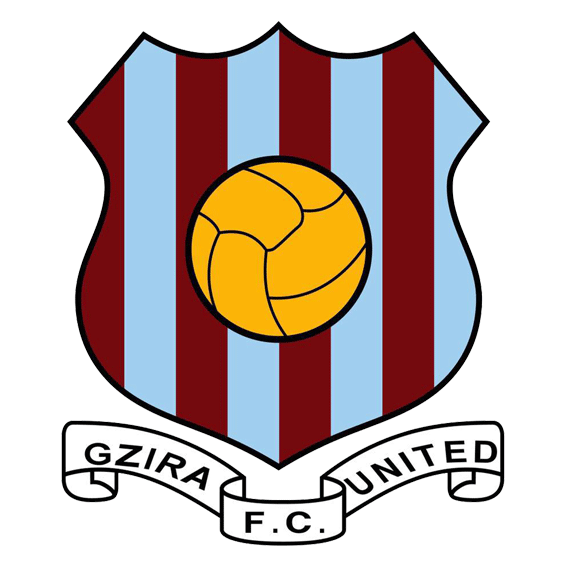












































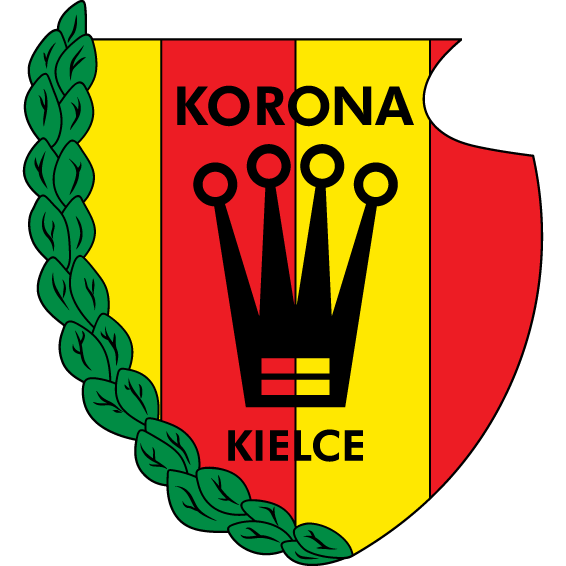


























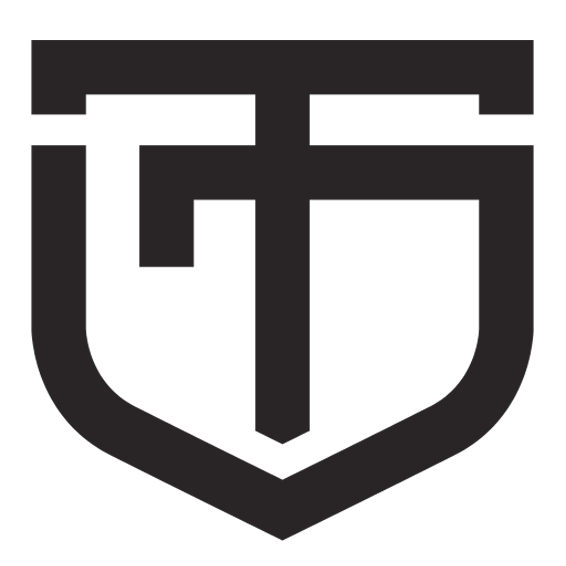




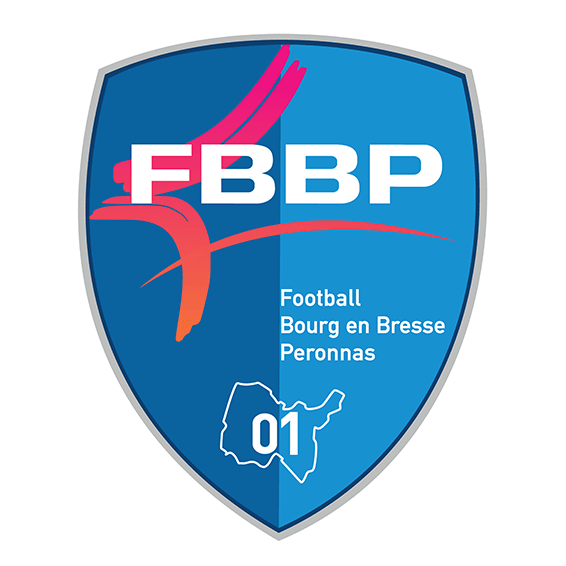
























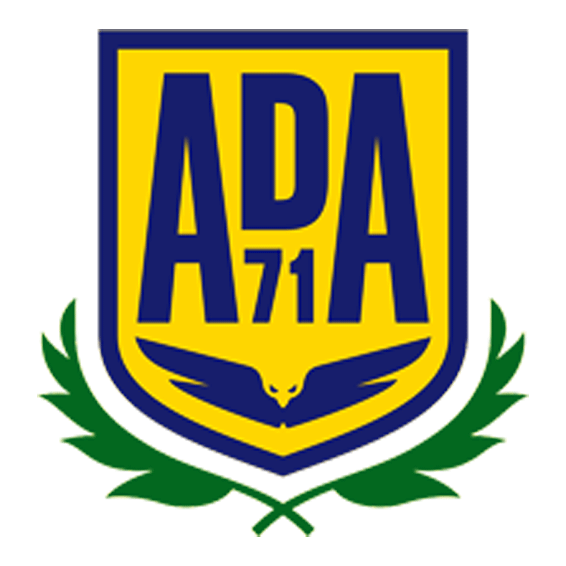





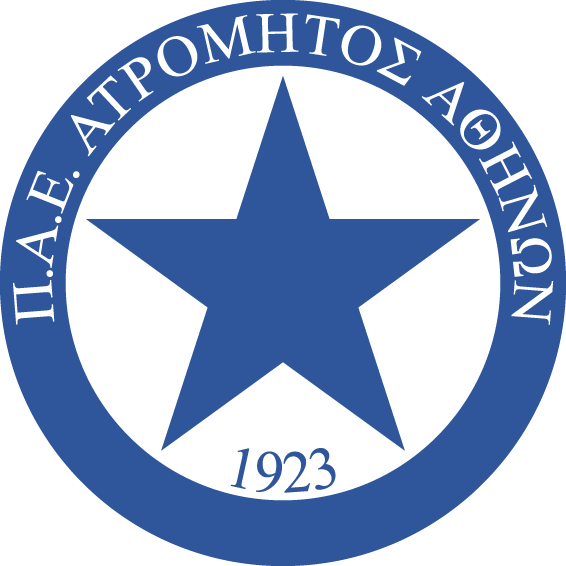
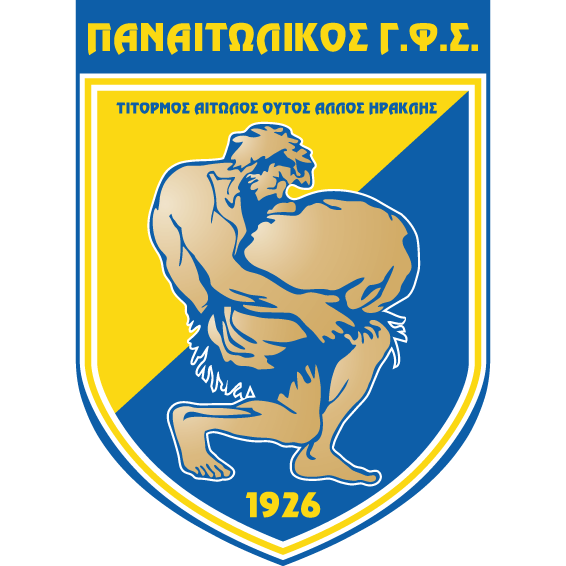















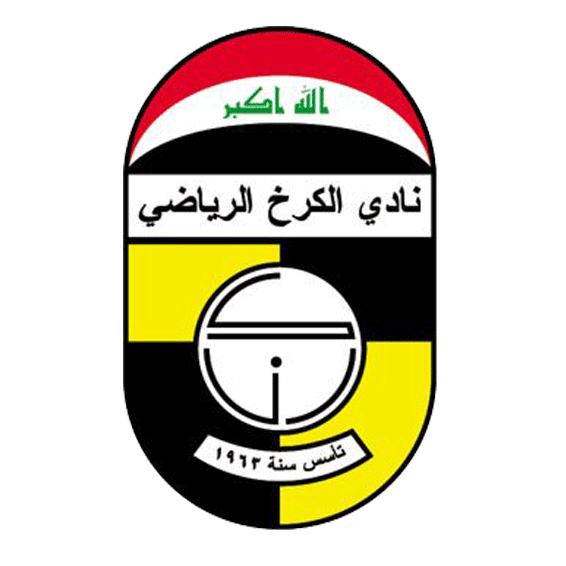


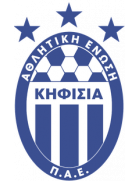










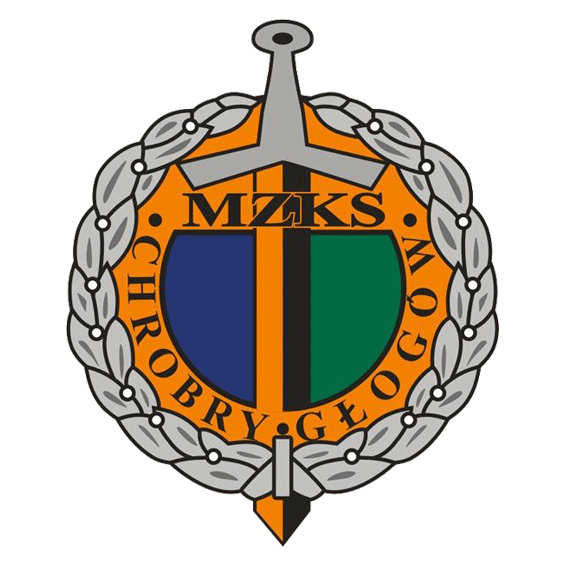
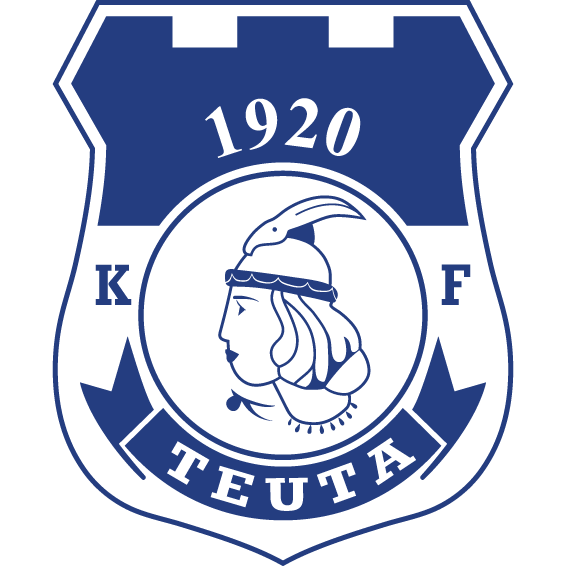



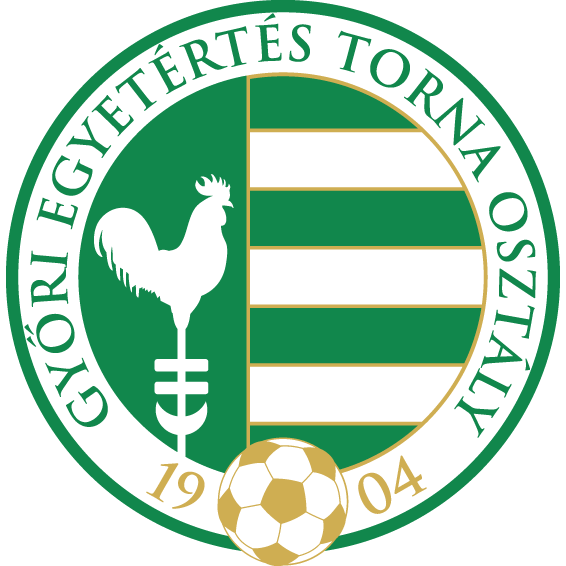










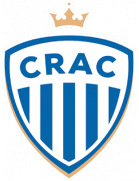

























































There are no comments yet. Be the first to comment!